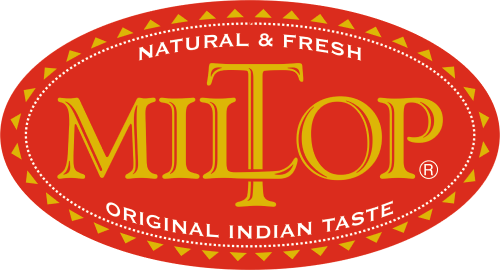Description
It is a small perennial herb from the Scrophulariaceae family, found in the Himalayan region growing at elevations of 3,000-5,000 meters. Picrorhiza kurroa also known as kutki is found in the North-Western Himalayan region from Kashmir to Kumaun and Garhwal regions in India and Nepal.
Picrorhiza kurroa has a long, creeping rootstock that is bitter in taste, and grows in rock crevices and moist, sandy soil. The leaves of the plant are flat, oval, and sharply serrated. The flowers, which appear June through August, are white or pale purple and borne on a tall spike; manual harvesting of the plant takes place October through December. The active constituents are obtained from the root and rhizomes.
The rhizome of Picrorhiza has been traditionally used to treat worms, constipation, low fever, scorpion sting, asthma and ailments affecting the liver. Alcohloic extract of the plant and kutkin possess hepatoprotective activity. Plant is a potent immunostimulant of both cell mediated and humoral immunity and exhibits choleretic activity in dogs. Picrorhiza kurroa is also benefical in the management of bronchial asthma.Picrorhiza kurroa is a well-known herb in the Ayurvedic system of medicine and has traditionally been used to treat disorders of the liver and upper respiratory tract, reduce fevers, and to treat dyspepsia, chronic diarrhea, and scorpion sting. The plant is self-regenerating but unregulated over-harvesting has caused it to be threatened to near extinction. Modulates liver enzyme levels, anti-inflammatory action anti-allergy action. Kutkin is the active principal of Picrorhiza kurroa and is comprised of kutkoside and the iridoid glycoside picrosides I, II, and III. Other identified active constituents are apocynin, drosin, and nine cucurbitacin glycosides. Apocynin is a catechol that has been shown to inhibit neutrophil oxidative burst in addition to being a powerful anti-inflammatory agent, while the curcubitacins have been shown to be highly cytotoxic and possess antitumor effects.Root is bitter stomachic, carthartic, used in fever, dyspepsia and in purgative preparations, in scorpion sting. It is also used as cooling cardiotonic anti pyretic anti periodic in large doses. In India it is used as a house old remedy for jaundice, indigestion and common fever.


